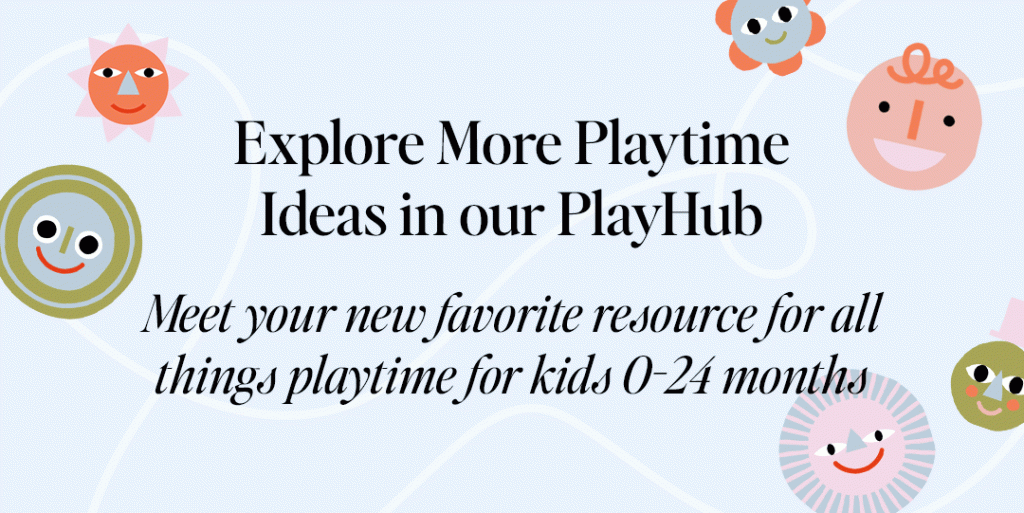When you’re a new mom, there are a plethora of exciting firsts you experience with your little one. From their first laugh to the first time they crawl, these moments cement themselves in your mind. Perhaps one of the most exciting moments that new moms encounter is when their infants or toddlers make their first friend. Whether this budding friendship developed at the park/playground you frequent or at daycare, you may find yourself wondering if it’s time to schedule a playdate to help nurture your child’s new friendship.
Some people believe that playdates are geared toward moms, nurturing their own friendships with other mothers. But that doesn’t necessarily apply to everyone. Some moms are truly interested in giving their children the space to socialize with other children who are around the same age as them. We know that babies and toddlers achieve certain milestones by certain ages, but let’s take a look at one of the benefits of placing them in social settings. The more you allow your child to interact with others, the more the child is able to learn how to express themselves.
According to the CDC, by the time children are 18 months, they are engaging in more play. It’s fun to watch because you can begin to see their imagination growing. Editor’s Note: Should you feel concerned about your child’s development, we always recommend reaching out to their pediatrician.
If you’re unsure about how to schedule playdates as a new mom, here are some quick and easy tips.
Meet in a Neutral or Familiar Setting
When you’re first introducing the idea of playdates, choosing a location that is neutral or familiar will help make everyone feel comfortable. Since younger children usually begin to pay attention to their surroundings at a certain age, it’s better to place them in a setting they have been in before.
Make the Playdate One-on-One
Even though it may be tempting to schedule an outing that consists of multiple young children, give your child space to interact with just one other child first. This helps children become familiar with seeing their friend outside of the time they usually see them. It also decreases the chance of children feeling overwhelmed.

Source: Simply By Suzy Photography for The Everymom
Remain Present
This is especially important if it is your child’s first playdate or if your child is still a toddler. While playdates help children become more independent, they may still look to their parents for reassurance. It’s important to let your child know that while you are giving them space to play, you are also there if they need you.
Keep Playdates Short
When you have younger children, it’s best not to overwhelm them by committing to extended playdates (i.e. longer than one to two hours). One way to help you decide how long to commit to a playdate is to think about how your child responds when you’re in other social settings. For example, if you are away from home on the weekend longer than a couple of hours, pay attention to your child’s mood. If they start to get irritable because they are sleepy, it may not be a good idea to commit to a playdate that extends past your child’s threshold.
Again, playdates are a great way to nurture your child’s friendship and help build their socialization skills. Playdates do not have to be over the top, nor do they have to involve anything expensive. One thing I have learned as a new mom is that children find joy in the smallest things. A playdate at a park with a playground or a small sanctuary (we love our local Yellow River Wildlife Sanctuary in Georgia) is enough to keep children engaged with each other as well as their surroundings.



 "
"
